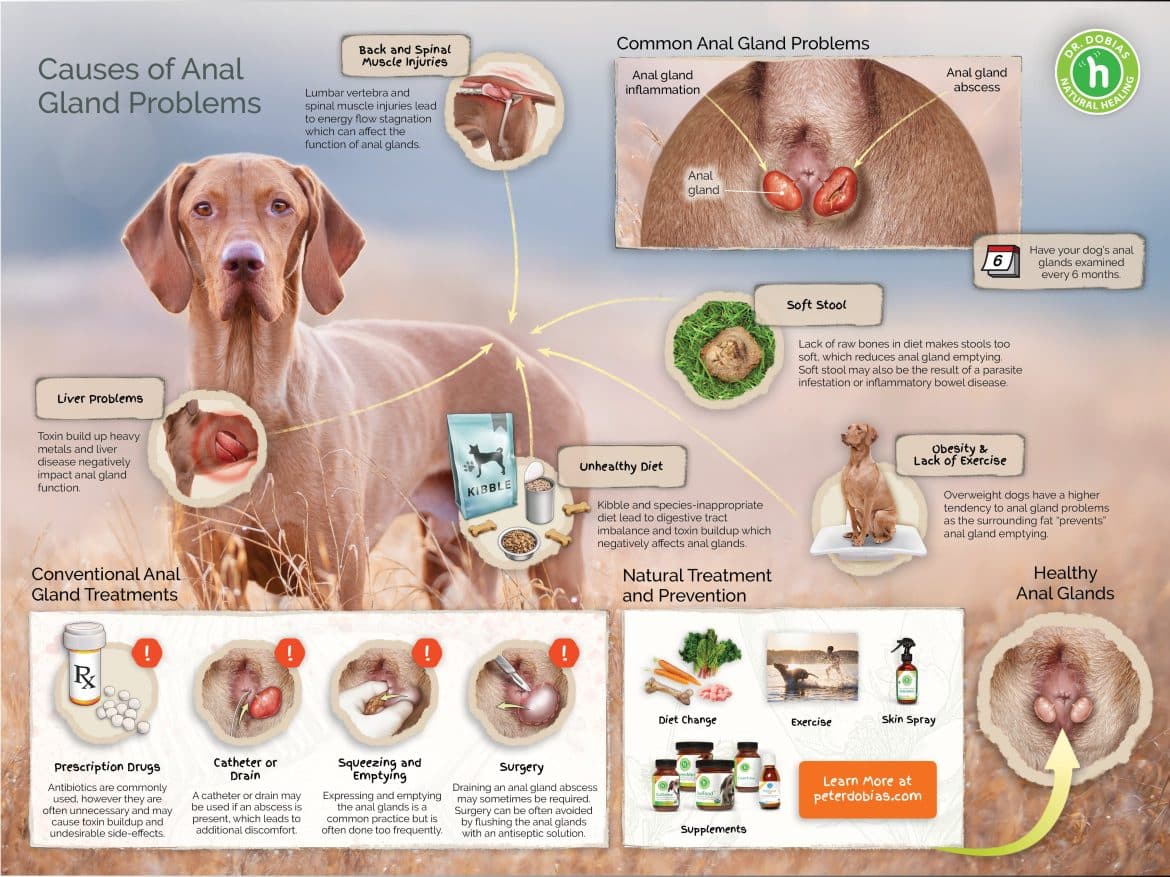If your furry friend is experiencing the discomfort of anal gland issues, you're likely searching for effective and natural solutions to help alleviate their discomfort. Look no further! In this article, we will explore a variety of gentle and natural methods that can provide relief for your dog's anal gland discomfort. From dietary changes to topical remedies, you'll discover practical and safe ways to help your beloved pet find comfort and relief.
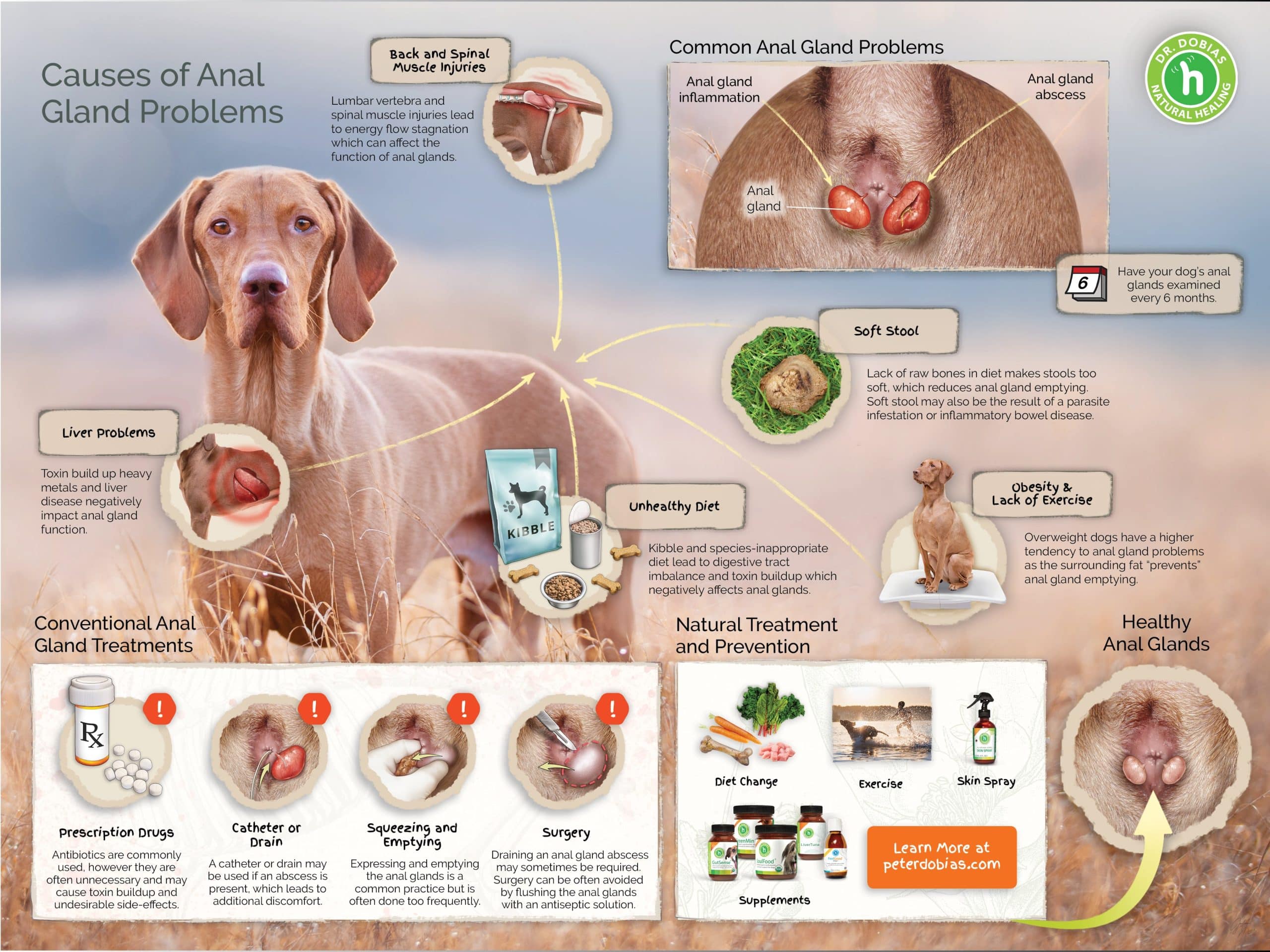
This image is property of cdn.shopify.com.
Dietary Changes
Increase fiber intake
One of the first steps in managing your dog's anal gland discomfort is to increase their fiber intake. Fiber helps promote regular bowel movements and can prevent the buildup of material in the anal glands. You can add fiber-rich foods to your dog's diet such as pumpkin, sweet potatoes, and green leafy vegetables. These foods not only provide essential nutrients but also help improve the consistency of your dog's stools.
Add pumpkin to their diet
Pumpkin is a natural remedy for anal gland problems in dogs. It is rich in fiber and moisture, which can help regulate bowel movements and prevent constipation. The high water content in pumpkin also softens the stools, making it easier for the anal glands to empty naturally. To incorporate pumpkin into your dog's diet, you can mix a spoonful of pureed pumpkin with their food or even freeze small pumpkin chunks as a tasty treat.
Give them probiotics
Probiotics are beneficial bacteria that can promote a healthy digestive system in dogs. By maintaining a balanced gut flora, probiotics can help regulate bowel movements and prevent issues like diarrhea or constipation that can contribute to anal gland discomfort. You can find various probiotic supplements specifically formulated for dogs, or you can add plain yogurt with live cultures to their meals. It's important to consult with your veterinarian to find the most suitable probiotic option for your furry friend.
Hygiene Practices
Regular bathing
Proper hygiene is crucial for managing your dog's anal gland discomfort. Regular bathing helps keep the area clean and reduces the risk of bacterial infections. Use a gentle, pet-friendly shampoo and warm water to clean your dog's hindquarters. Take care to avoid getting water or soap inside the anus, as this can further irritate the glands. After bathing, make sure to dry the area thoroughly and gently using a clean towel.
Keep the anal area clean
In addition to regular bathing, make it a habit to clean the anal area daily. You can use a damp cloth or unscented wet wipes to gently wipe the area around the anus. This helps remove any residue and buildup, preventing the glands from becoming blocked. Remember to be gentle and avoid applying excessive pressure to the area to avoid causing discomfort or injury to your dog.
Use wet wipes
Wet wipes specifically formulated for dogs can be a convenient tool to keep the anal area clean between baths. These wipes are designed to be gentle and safe for use on sensitive areas. They help remove any debris or fecal matter that may be irritating the anal glands. When using wet wipes, make sure to choose those that are fragrance-free and hypoallergenic to minimize the risk of allergies or skin irritation.
Exercise and Weight Management
Ensure regular exercise
Regular exercise is not only important for your dog's overall health but also for the management of anal gland discomfort. Physical activity helps stimulate the digestive system, promoting more regular bowel movements. It also helps strengthen the muscles around the anal glands, which can facilitate natural emptying. Engage your dog in daily walks, play sessions, or interactive toys that encourage movement to keep their body active and their digestive system working efficiently.
Maintain a healthy weight
Maintaining a healthy weight is essential for preventing anal gland issues in dogs. Excess weight can put pressure on the anal glands, making it more difficult for them to empty properly. Help your dog maintain a healthy weight by providing a balanced and portion-controlled diet. Avoid overfeeding or feeding them high-calorie treats. Regular exercise, as mentioned earlier, is another crucial factor in weight management and overall anal gland health.
Warm Compress
Apply a warm compress to the anal area
A warm compress can provide soothing relief to your dog's anal gland discomfort. The warmth helps relax the muscles and increase blood circulation to the area, promoting natural gland emptying. To apply a warm compress, soak a clean cloth in warm water and gently press it against the anal area for a few minutes. Make sure the compress is warm but not too hot to avoid burning your dog's delicate skin. Repeat this process a few times a day or as needed to alleviate discomfort.
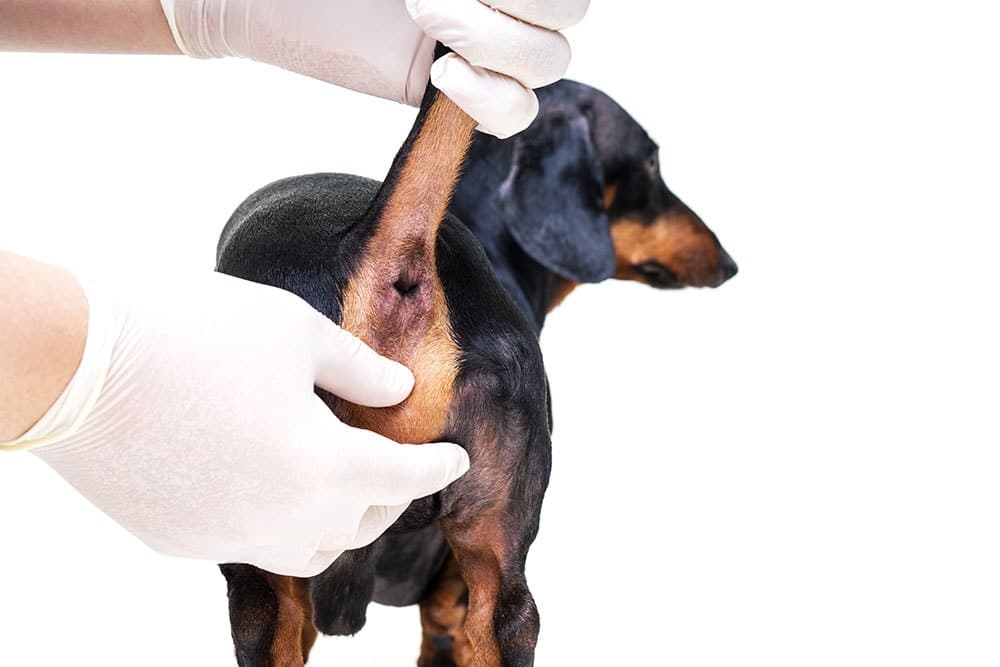
This image is property of www.dogster.com.
Massage
Gently massage the anal area
Massaging the anal area can help stimulate the anal glands and encourage emptying. Before attempting to massage, it's important to ensure your dog is comfortable and relaxed. Locate the glands, which are located on either side of the anus, and perform gentle circular motions with your fingertips. Be cautious and attentive during this process, as the anal glands can be sensitive, and applying too much pressure can cause pain or injury. If you are uncertain about how to perform the massage properly, consult with your veterinarian for guidance.
External Support
Use over-the-counter products
There are various over-the-counter products available that can provide external support for your dog's anal gland discomfort. These products typically come in the form of creams or ointments and contain natural ingredients that help soothe and reduce inflammation in the anal area. When choosing an over-the-counter product, look for those specifically designed for dogs and avoid using any human or medicated creams without veterinary guidance.
Try herbal remedies
Herbal remedies can offer natural relief for your dog's anal gland discomfort. Certain herbs, such as chamomile or calendula, have anti-inflammatory and soothing properties that can help alleviate discomfort in the anal area. These herbs can be found in various forms, including teas, tinctures, or herbal creams. It's important to consult with your veterinarian before introducing any herbal remedies to ensure they are safe for your dog and do not interact negatively with any existing medications.
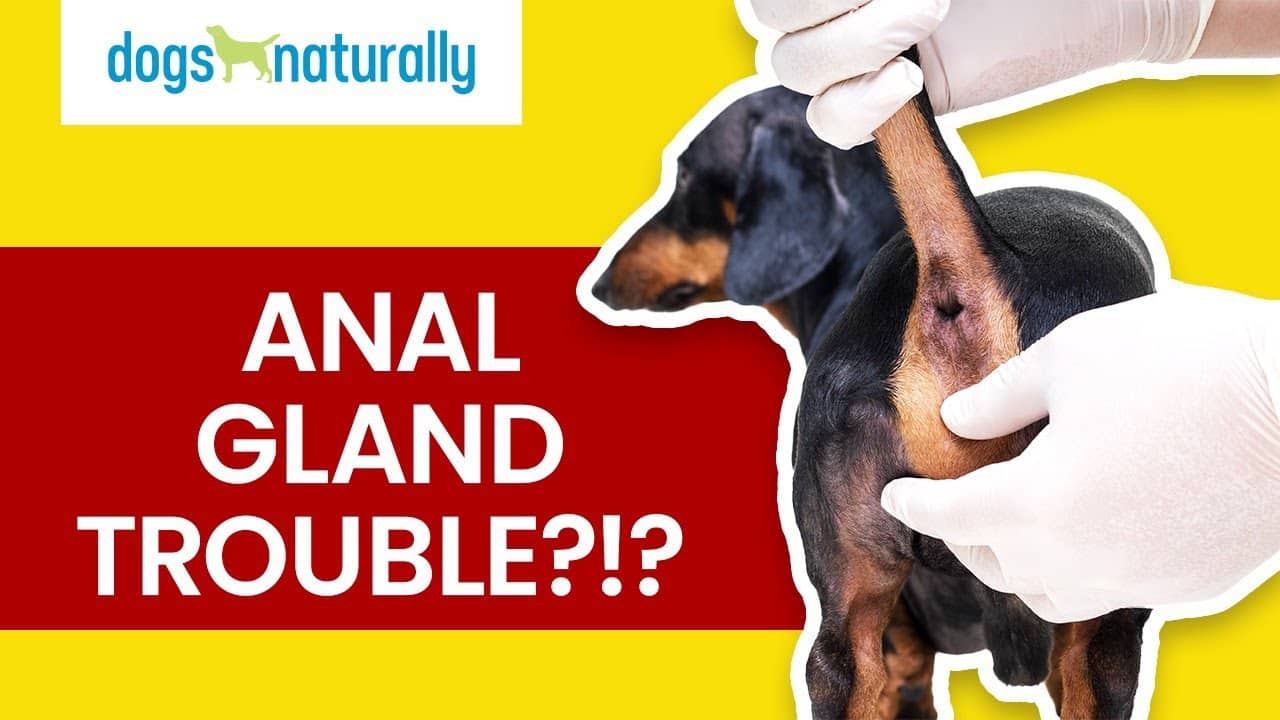
This image is property of i.ytimg.com.
Sitz Baths
Soak the dog's hindquarters in warm water
A sitz bath, a technique commonly used for humans with anal gland issues, can also be beneficial for dogs. Fill a shallow basin or tub with warm water and carefully place your dog's hindquarters in the water for several minutes. The warmth and moisture help soften the stools, relax the muscles, and encourage natural gland emptying. It's crucial to keep your dog calm and supervised during the sitz bath to ensure their safety and comfort.
Anal Gland Emptying
Learn how to manually empty the anal glands
In some cases, manual emptying of the anal glands may be necessary to relieve your dog's discomfort. Learning how to perform this procedure correctly is essential to prevent injury or infection. It's recommended to seek guidance from your veterinarian on the proper technique and to have them demonstrate it for you. Remember that this procedure should only be performed if you are confident and comfortable doing so, as mishandling can cause pain and further complications.
Consult a veterinarian for professional emptying
If your dog's anal gland issues persist or worsen despite natural methods, it is important to consult a veterinarian for professional emptying. Veterinarians are experienced in emptying anal glands safely and effectively. They can also assess the specific underlying causes of your dog's anal gland discomfort and recommend further treatment options if necessary. Regular veterinary check-ups are crucial for maintaining your dog's overall anal gland health and well-being.
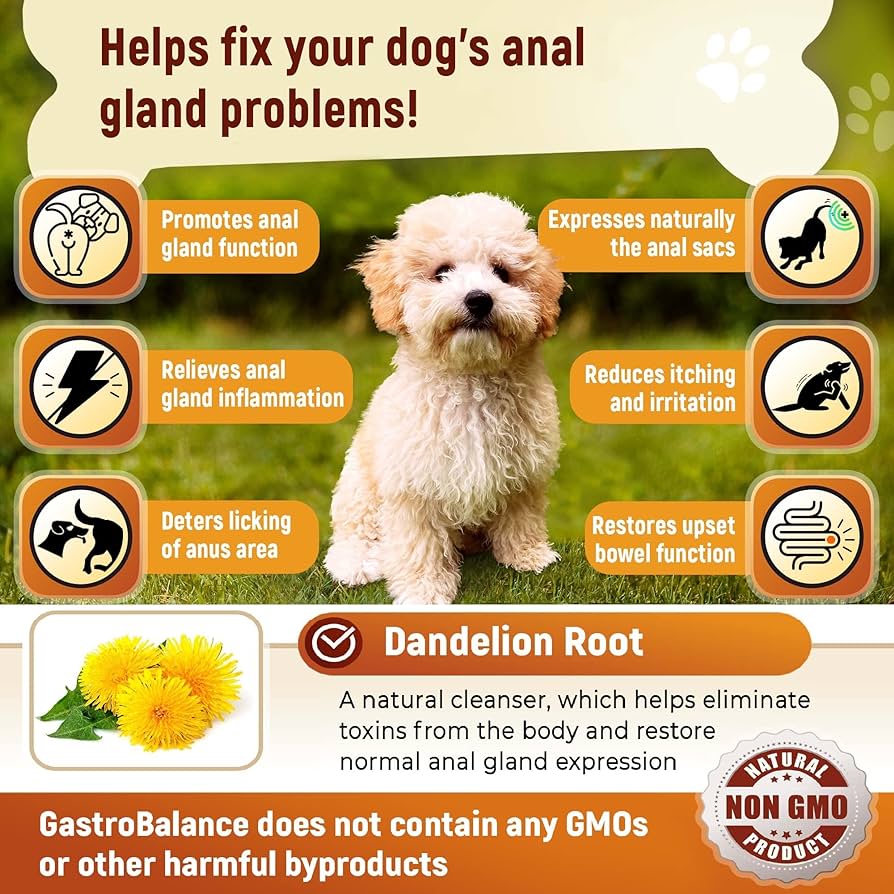
This image is property of Amazon.com.
Minimize Stress
Provide a calm and stress-free environment for your dog
Stress can contribute to various health issues, including anal gland problems in dogs. Minimizing stress in your dog's daily life can help reduce the risk of anal gland discomfort. Provide a calm and secure environment for your dog, ensuring they have a safe space to retreat when needed. Avoid loud noises, excessive commotion, or sudden changes that can cause anxiety. Positive reinforcement techniques and regular exercise can also help decrease stress levels and promote your dog's overall well-being.
Consult a Veterinarian
Seek professional help for severe or recurring anal gland issues
While natural methods can be effective for managing mild cases of anal gland discomfort, severe or recurring issues may require professional help. If your dog's anal gland problems persist or worsen despite your efforts, it is crucial to consult a veterinarian. They can thoroughly examine your dog, identify the underlying causes, and recommend appropriate treatments or procedures to provide relief. Remember that your veterinarian is your trusted partner in ensuring your dog's health, so do not hesitate to seek their guidance and expertise.
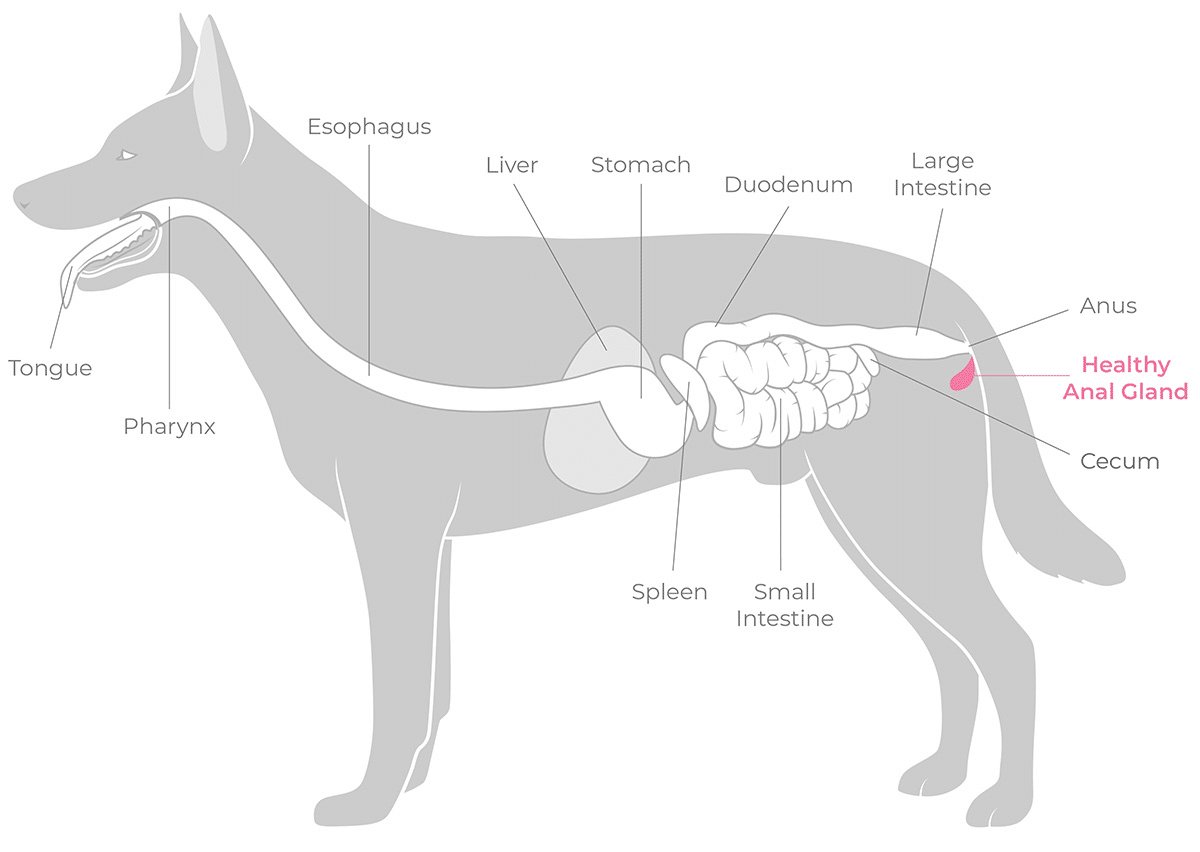
This image is property of ucarecdn.com.

